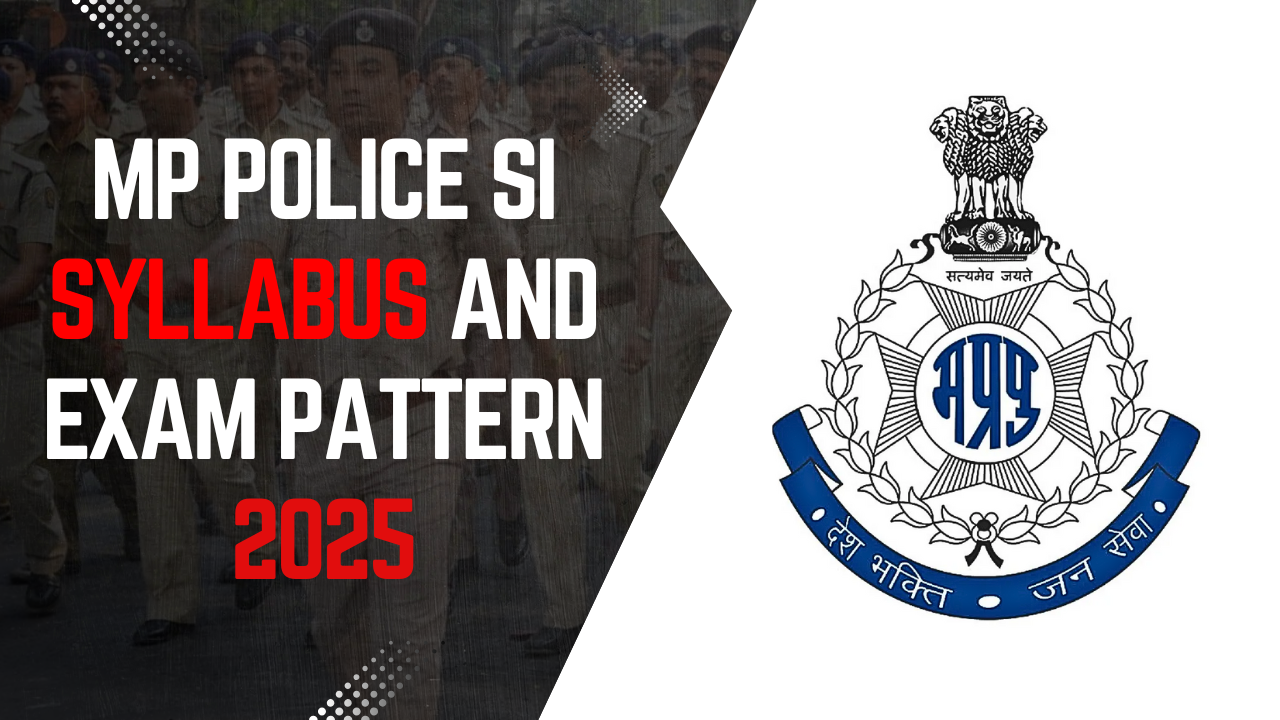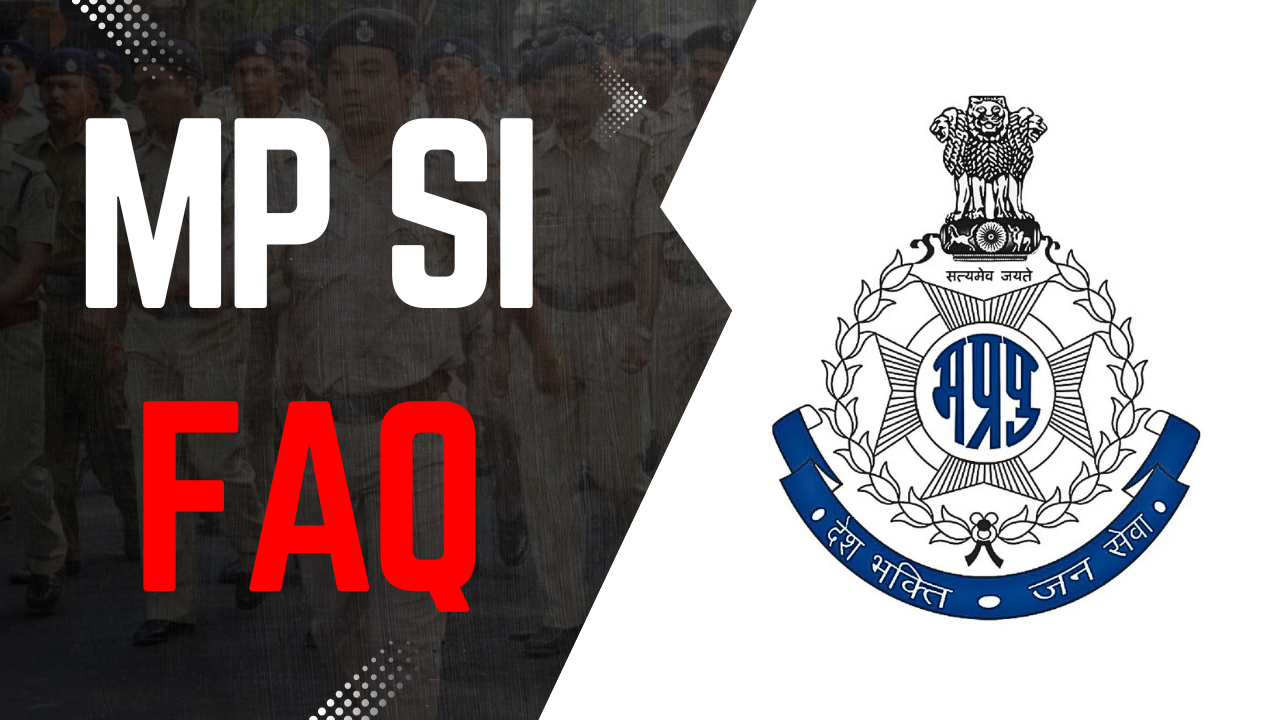Introduction
In a significant geopolitical development, India announced on April 24, 2025, that it would hold the Indus Waters Treaty (IWT) of 1960 in abeyance. This decision came in the aftermath of the Pahalgam terror attack on April 22, which resulted in the deaths of 26 civilians, including Indian tourists. The Indian government cited Pakistan's alleged support for cross-border terrorism as the primary reason for this move.
Understanding the Indus Waters Treaty (IWT)
The IWT, brokered by the World Bank in 1960, is a water-sharing agreement between India and Pakistan concerning the Indus River system. Under the treaty:
India has control over the three eastern rivers: Ravi, Beas, and Sutlej.
Pakistan has rights over the three western rivers: Indus, Jhelum, and Chenab.
The treaty has been considered one of the most successful water-sharing agreements globally, surviving multiple conflicts between the two nations.
India's Rationale for "Abeyance"
The term "abeyance" indicates a temporary suspension, leaving room for reinstatement if Pakistan takes credible steps to curb terrorism. India's decision does not equate to a complete withdrawal but serves as a strategic signal. By placing the treaty in abeyance, India aims to:
Exert diplomatic pressure on Pakistan to act against terrorist groups.
Reassess its water resource management and infrastructure projects without the constraints of the treaty.
However, it's important to note that "abeyance" is not a term recognized under international law, and unilateral suspension of treaty obligations lacks legitimacy under customary international law.
Legal and International Implications
India's unilateral decision has raised questions about its adherence to international norms. Pakistan has expressed strong objections, viewing the move as an "act of war" and is considering legal action through international forums such as the International Court of Justice.
While India is not a party to the Vienna Convention on the Law of Treaties (VCLT), Pakistan has signed but not ratified it. Under the VCLT, suspension of a treaty is permissible only under specific circumstances, such as a material breach or fundamental change in circumstances, which India has not formally invoked.
Strategic and Domestic Considerations
Domestically, the decision has been met with widespread support, seen as a firm stance against terrorism. Strategically, it allows India to:
Advance infrastructure projects like the Kishenganga and Ratle hydropower projects, which have faced delays due to treaty constraints.
Enhance its control over water resources, crucial for agriculture and energy needs.
However, there's a risk of escalating tensions, as Pakistan heavily relies on the Indus waters for its agriculture and water security.
Key Takeaways
Date of Announcement: April 24, 2025.
Reason: Pakistan's alleged support for cross-border terrorism, especially after the Pahalgam attack.
Nature of Action: Temporary suspension ("abeyance") of the Indus Waters Treaty.
Legal Standing: "Abeyance" lacks recognition under international law; unilateral suspension is contentious.
Strategic Goals: Pressure Pakistan, advance domestic water projects, and reassess treaty constraints.
International Reaction: Pakistan views it as an act of war; potential legal challenges anticipated.
Why This Matters for Exams
For aspirants of UPSC, SSC, Banking, and other competitive exams, this development is significant due to:
International Relations: Understanding bilateral treaties and their geopolitical implications.
Current Affairs: Staying updated with major policy decisions and their global impact.
Legal Frameworks: Analyzing the role of international law in bilateral agreements.
Environmental Studies: Assessing the impact of water treaties on regional ecology and resource management.
Stay informed with Atharva Examwise for more such updates on "current affairs March 2025," "daily GK update," and "competitive exam news."






